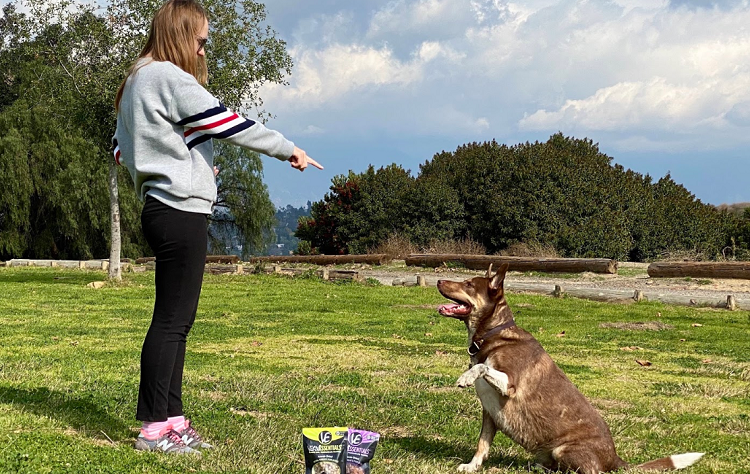Adding a new dog to the family or getting the first family dog is one thing. But training them to be well-behaved, obedient, and understanding is another. Enrolling your dog in obedience training is one of your duties as a dog owner, and you’re responsible for how your dog’s behavior will affect other dogs and humans around them.
What’s involved in obedience training?
Dog obedience training can be held on a frequency depending on the class you enrolled in. Most training classes are held weekly. The training sessions usually last an hour or more depending on the courses being tackled.
Depending on how your dog is cooperating or learning, the obedience training will usually last four to eight weeks on average.
You should know that the typical dog training class will teach you and your dog about basic training, social behavior, and some specialized training designed to help your dog get rid of undesirable behavior such as tugging on the leash or frequent jumping that cause accidents and injuries. But obedience training won’t teach your dog to jump hurdles or run through obstacle courses like what you see out there. Dogs can learn those skills from other types of dog training.
Before enrolling your dog in training classes, you need to keep in mind that these classes won’t eradicate all of your dog’s problems with behavior. The purpose of obedience training is to foster a foundation for you and your dog to develop a bond.
Dog training can be a solution to some dog behavior problems, but it’s not the answer to every problem concerning your pet’s behavior. They develop some of these behaviors depending on their environment, humans and animals around them, and their upbringing.
How can you and your dog benefit from obedience training?
Obedience training will help you and your dog communicate and interact better. The outcome of the training will make interactions safer, and both you and your beloved pet will be comfortable with each other in the long run after you learn how to best care for them.
- Your dog’s safety will increase.
As a puppy, your dog will be curious about everything around them. They don’t know the hazards of some things around them simply because they’re not wired to realize all of them like humans are.
Effective obedience training will teach your dog to avoid harmful interactions with other dogs and other wild animals it comes across to prevent conflict, which can lead to dangerous situations.
- Your home will be safer.
This is of great importance because dogs can be taught good manners that make them more comfortable and respectful of their environment, humans, and other animals around them. They’ll know the difference between acceptable and unacceptable actions, and you’ll be less worried about them running into problems with you, the people you live with, and other animals they interact with.
They’ll also realize that some of their habits are unacceptable, such as chewing inanimate objects around the house and howling endlessly at every living thing they see that isn’t familiar to them.
- The bond between you and your dog will be good.
As you’ll be with your dog for most of their obedience training sessions, you’ll be aware of how you can best communicate and interact with your dog. The same should go for your dog, as they’ll be trained to understand you and what you’ll be telling them better.
Good communication will lead to you and your dog having a lasting bond that will turn into unforgettable memories of happiness for both sides.
- You’ll have an easier time spending time outside with your dog.
Let’s face it; some dogs aren’t good around strangers, both human and animal. They can either be overly aggressive or the exact opposite. This can make spending time outside with them to play or walk around a hassle because you have to coo them into cooperating, which can take a lot of time.
Obedience training will also help your dog understand how to interact with other domestic animals they encounter. This can prevent fights that can result in injuries and strained relationships between dog owners.
- Your vet won’t have a difficult time working with your dog.
It’s essential to bring your dog into regular veterinarian check-ups, even more, if you notice something off about their well-being. Like when they don’t move around like usual, don’t eat, or look unwell. Practical obedience training will help your vet interact and treat your dog easier because your dog knows how to obey commands.
With this knowledge in mind, you can ensure that your dog is at its best behavior and you don’t have to worry about them.

